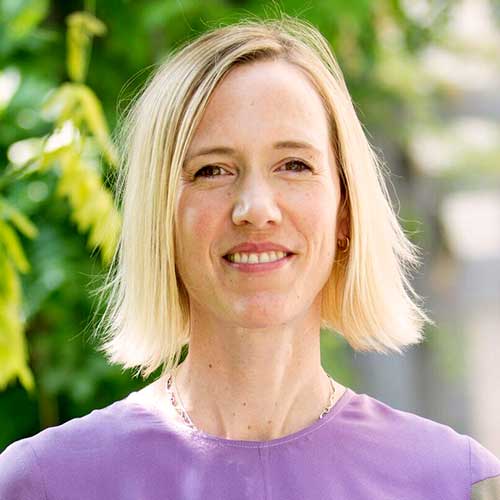- Gordon McKay Professor of Environmental Chemistry
- Harvard John A. Paulson School of Engineering and Applied Science, Harvard T.H. Chan School of Public Health, Department of Earth and Planetary Sciences, Harvard Faculty of Arts and Sciences
- Phone: STEEP Role: Lead, Project 1
- Website
Biography
Elsie Sunderland is the Gordon McKay Professor of Environmental Chemistry at Harvard University. Professor Sunderland’s research aims to better understand how chemicals released by human activity interact with natural ecosystems and affect living systems. A main innovation of her group’s work is to quantitatively analyze the entire exposure pathway for aquatic pollutants to identify key processes that have a large influence on their accumulation in biota. Prior to joining the faculty at Harvard, she spent five years working to inform environmental policy decisions with best-available science at the headquarters for the U.S. Environmental Protection Agency (U.S. EPA) in various offices. Her work at the U.S. EPA included regulatory impact assessments for Hazardous Air Pollutants and developing guidance on best use of environmental models to inform regulatory decisions. Much of Professor Sunderland’s recent work has focused on characterizing diverse exposure sources for per- and polyfluoroalkyl substances (PFAS), including drinking water and seafood, and developing chemometric indicators for source attribution. She has also worked to understand the global biogeochemical cycle of mercury for more than 20 years, and has worked with the U.S. EPA and State Department to help inform the U.S. position in the UN Minamata Convention, the global treaty on anthropogenic mercury releases. She has trained >30 graduate students and postdoctoral fellows and has published >100 peer-reviewed papers. She is a member of the advisory board for several journals including Environmental Science & Technology and Environmental Science: Processes and Impacts.


